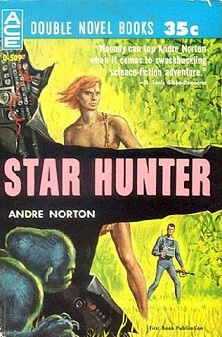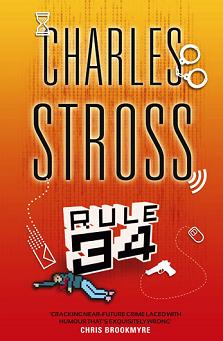Catherynne M. Valente explains why what Christopher Priest did could not have been done by a woman:
I couldn’t, of course, even if I wanted to. But neither could almost any other woman writer or blogger I can think of. Go after popular SF writers and a respected award? She’d have gotten death threats, rape threats, comments telling her everything from shut up and make [unnamed internet male] a sandwich to wishing she’d be raped to death because that would shut her right up.
[…]
That’s the line I walk, and most female authors and commentators walk. On one side of it is a silence which we can’t afford and on the other are the blowback and threats, which come quietly and secretly through email or boldly and baldly in comments.
This is a reality you don’t have to face as a bloke; one of the greatest advantages/privileges of being a straight, white male is that if people dislike me or disagree with me, it’s purely because of what I say or do, not what I present as. Which means that voices like mine or Priest’s are both overrepresented and overvalued, both because we are listened to more and because other voices are dismissed; even worse is that some voices aren’t just ignored but actively chased away. With rape threats even!
Apart from anything else, this impovers the dialogue we’re all having with each other about science fiction, if you can only be taken serious if you’re a straight white bloke and if you’re not, you get sexist or racist slurs (or both) aimed at you. It’s not good for fandom and it’s obviously incredibly bad for those who are subjected to it.
For those of us who don’t run this risk, there’s the obligation to do something about it, to speak out against such attacks whenever we see them, obviously not participate in them ourselves and most importantly, not blame the victims for something they supposedly done to “provoke” these attacks.

